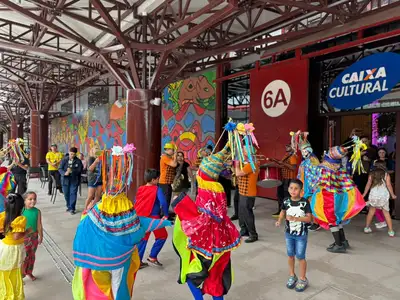Santa Casa offers humanized care and high-tech support to premature and low-birth-weight newborns
Neonatology services and the Kangaroo Method ensure comprehensive care for high-risk newborns
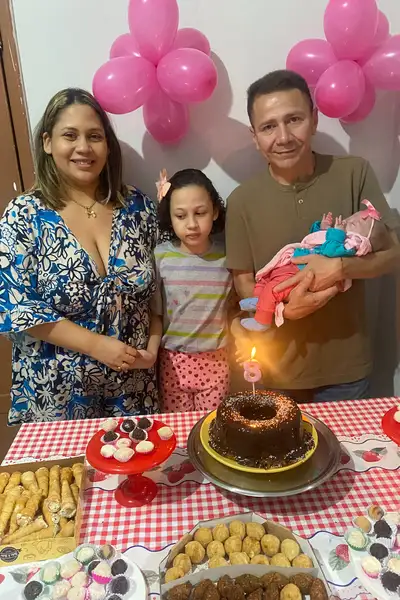
Anyone who sees little Maria Virgínia in her father's arms, celebrating with family the eighth birthday of her older sister, cannot imagine that the girl, now weighing three kilograms and 456 grams, was born weighing only 588 grams, more than ten weeks before her due date, considered an extreme premature.
"She stayed in the ICU for more than two months and then more than 20 days in the Intermediate Care Unit, with six days in the Kangaroo Unit," said her mother, Marina Chaves, who this week could celebrate another milestone for her daughter. "She started her daily baths, but we are still not receiving visitors. Her vaccination schedule is up to date, as are her appointments," Marina added.
All the care mentioned by Maria Virgínia's mother began at the girl's birth and continued throughout her hospitalization at Santa Casa, where she and her parents received support from a multidisciplinary team that assisted and guided them based on what is recommended by the Humanized Care Policy for Newborns Kangaroo Method, which goes beyond the position for which it became known, explains pediatrician Vilma Hutim from Santa Casa, a specialist and tutor of the method.
"Popularly known only as the Kangaroo Method, the Humanized Care Policy for Newborns - Kangaroo Method establishes a line of care that begins with the identification of gestational risk during prenatal care at the Basic Health Unit, continues with specialized prenatal care, and after birth, monitors the baby's progress in the neonatology service, whether in a neonatal unit or in a shared accommodation. This care continues at home, and if necessary, the baby is followed by the specialized outpatient clinic, but always with the support of the Basic Health Unit," she emphasizes.
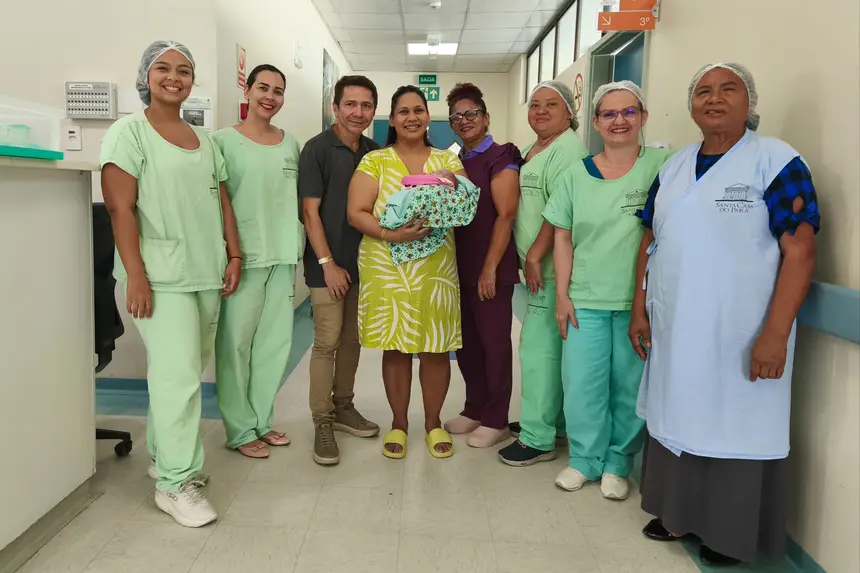
Santa Casa do Pará is the reference maternity hospital for high-risk pregnant women, receiving expectant mothers who present health complications from all municipalities in Pará. In 2023, the hospital recorded 2,303 births of premature and/or low-birth-weight babies.
In 2024, there were 2,225 births, and this year, from January to October, there were 2,000 premature births.
To serve this population of high-risk pregnant women and babies, the institution has a qualified and continuously trained team, high-tech equipment, and the support of 144 neonatology beds, prepared to receive children born in the institution or transferred via regulation.
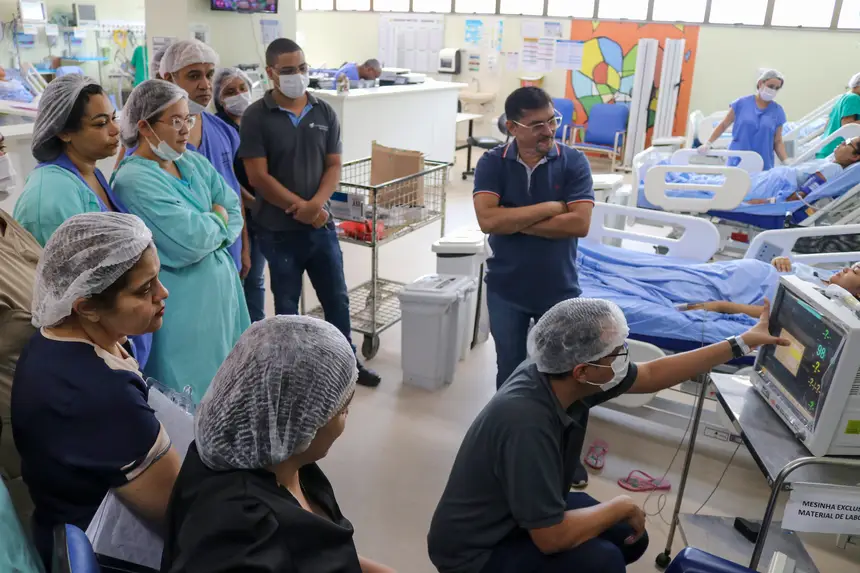
"Santa Casa is a reference for newborns who are born prematurely or with other types of diseases that pose a significant risk to the baby's life. For care, it is equipped with high-tech equipment, such as incubators, phototherapy devices, multiparameter monitors, and even specific equipment to care for children who have suffered some type of perinatal asphyxia. And our greatest demand, the largest contingency of care at Santa Casa, is premature newborns," details neonatologist Salma Saraty, coordinator of the neonatology department at Santa Casa.
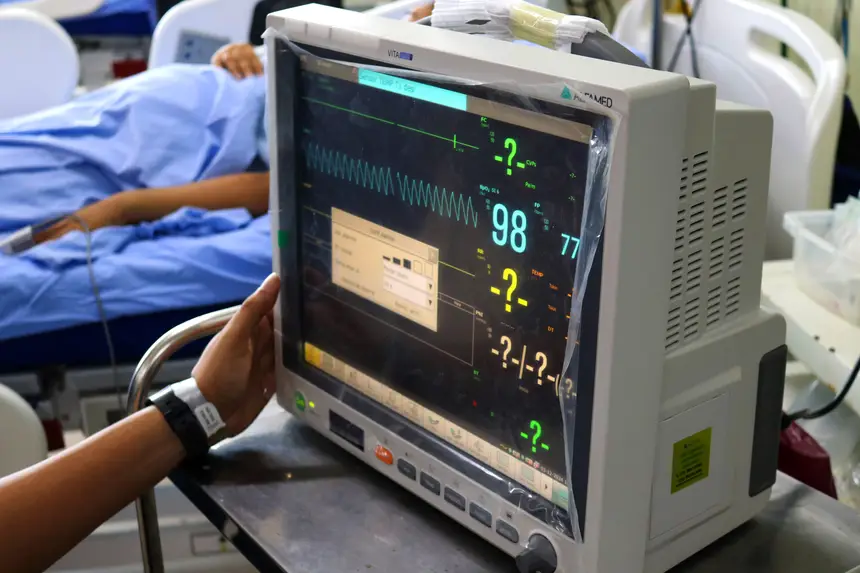
In reference to the Purple November campaign, which raises awareness about the challenges of premature births worldwide and seeks to sensitize society about the importance of caring for premature babies and the need to support families, Santa Casa is publishing on its profile @santacasapara on Instagram the segment "Diz aí Especialista," which this month discusses specialized care for low-birth-weight and/or premature newborns, among other clarifications about the institution's neonatology service.



